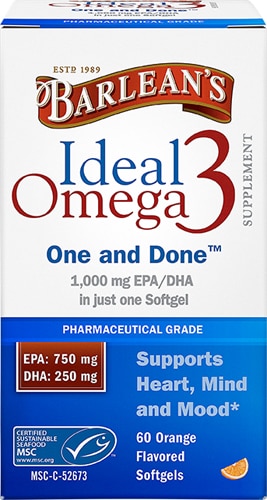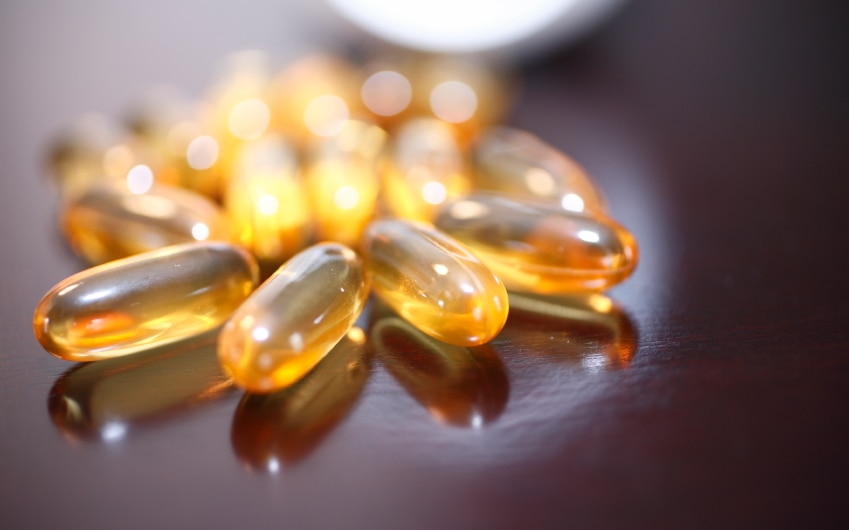Nature’s richest source of omega-3 fatty acids is wild-caught seafood. Many people turn to fish oil supplements to meet their dietary needs, given the confusing range of choices regarding sustainable fish. The American Heart Association recommends that Americans eat two servings a week of fatty fish rich in omega-3 fatty acids. A growing body of research suggests that fish oil supplements help support cardiovascular health. They may support other areas of health, including mood and joint health as well.*
Fish oil offers a great alternative to eating fish, but even fish oil, depending on how it is sourced, may be of questionable sustainability. As global population increases the opportunities to increase seafood harvest are limited. Ideally consumers should be able to choose supplements derived only from truly well managed fisheries.
New emerging sources are being explored, such as microalgae, and harvested, such as Southern Ocean krill. The Environmental Defense Fund is a great resource for helping you determine which fish species are eco-responsible. On their site, they list the following fish choices that are good for you—and the oceans:
Fish that are high in omega-3s, low in environmental contaminants and eco-friendly include:
- wild salmon from Alaska (fresh, frozen and canned)
- Arctic char
- Atlantic mackerel
- sardines
- sablefish
- anchovies
- farmed rainbow trout
- albacore tuna from the U.S. and Canada.
Although choosing to consume fish oil versus eating a threatened fish is a good first step, you’re still not out of the water yet. Overfishing and fish farming have already seriously damaged the health of marine ecosystems, and threaten to do even more damage if fish and fish oil consumption increases.
One widely cited study says the amount of large fish in the oceans is only 10% of pre-industrial times. And it’s not hard to imagine the following scenario: According to an article published in the journal Nutrients, “It has been further stated that ocean and fish stock health are considered so under threat that by 2048 ‘all commercial fish and seafood may collapse.”
Figuring out which fish oils are sustainably harvested is still a murky endeavor.
Chris Kresser, M.S., L.Ac, practitioner of integrative and functional medicine, states in an article “The fish vs. fish oil smackdown,” that “some oils are produced as a byproduct of fish harvesting, and manufacturers claim that they are simply making use of something that would normally be discarded. While this is certainly better than harvesting fish solely for their oil, it still supports harmful fishing practices.”
To be completely sure, you can use only fish oil that is made from fish that are certified by MSF or a similar organization, such as the Environmental Defense Fund.
This certification is by no means comprehensive however. If you have a favorite brand but not sure about whether they support best practices, dive into their website. Any environmentally responsible fish oil manufacturer should offer transparency into their fishing practices. If they don’t, it should raise a red flag. A company that is not completely open and transparent about their fish oil source may be hiding something fishy.
*These statements have not been evaluated by the FDA. These products are not intended to diagnose, treat, cure or prevent any disease.




